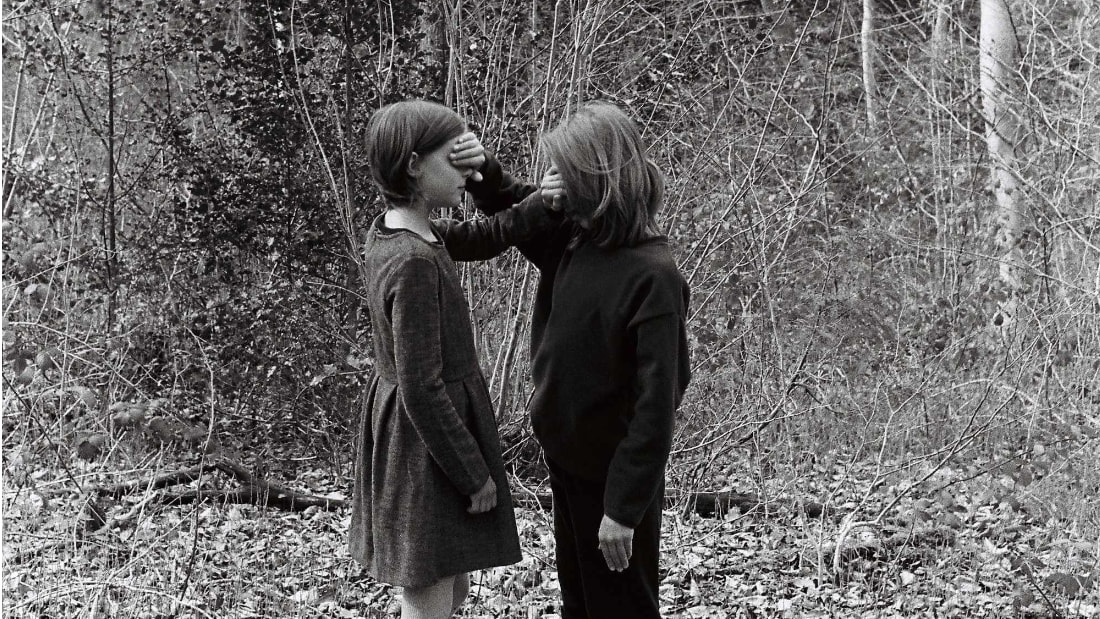Challenges of artistic practice in exile
10 December 2023
Today on Human Rights Day, D6 and partners are proud to share our findings from Artists Connecting in Transition (ACT), setting out an equitable approach to the inclusion of displaced artists.
In the week that the UK government has threatened to overrule domestic and international human rights laws, including those in the UK's Human Right's Act and the European Convention of Human Rights, there has never been a time in the UK where human rights need to be more protected.
ACT is an international collaboration between artists in exile and studio spaces that support them. At the heart of the programme has been the chance to learn from artists who have been forced to leave their homes, whose rights have been thrown into question and for whom practising art is no longer a given.
The findings we share today bring together learnings and recommendations made during the course of ACT, including during workshops with the artists taking part in residencies in Irbid (Jordan), Istanbul (Turkey) and Newcastle-upon-Tyne (UK) and the wider artistic community in each city.
Championing cultural rights
Led by the Fanak Fund, the findings are firmly rooted in the principles of freedom of movement, freedom of expression and cultural rights. A recent report by the special rapporteur of cultural rights for the Human Rights Council underlines the rights of migrants to have access to and effectively participate in all aspects of cultural lives, both of the host state and their own cultures.
These fundamental human rights, made up of 30 articles, were first set out in the United Nation’s landmark document the Universal Declaration of Human Rights 75 years ago today. They enshrine the inalienable rights that everyone is entitled to as a human being.
ACT champions cultural rights and our findings aim to contribute to conversations, good practice and learning between artists in exile, cultural operators and policy makers.
You can read the full research and recommendations here: Challenges of Artistic Practice in Exile: an equitable approach to artist-led practice (pdf).
Funded by a British Council International Collaboration Grant, ACT is a partnership between D6: Culture in Transit (UK), Arthereistanbul (Turkey), MedeArts (Jordan) and the Fanak Fund (who work across the Arab speaking world). The programme has been developed with collaboration and learning at the heart of its approach, setting out to create environments of care, creativity and support for artists whose practice has been disrupted by forced migration.
What next? Look out for Belonging, an exhibition of 11 artists in exile selected from a global open call and curated by ACT partner arthereistanbul, which will launch online on 18 December 2023.
Today on Human Rights Day, D6 and partners are proud to share our findings from Artists Connecting in Transition (ACT), setting out an equitable approach to the inclusion of displaced artists.
In the week that the UK government has threatened to overrule domestic and international human rights laws, including those in the UK's Human Right's Act and the European Convention of Human Rights, there has never been a time in the UK where human rights need to be more protected.
ACT is an international collaboration between artists in exile and studio spaces that support them. At the heart of the programme has been the chance to learn from artists who have been forced to leave their homes, whose rights have been thrown into question and for whom practising art is no longer a given.
The findings we share today bring together learnings and recommendations made during the course of ACT, including during workshops with the artists taking part in residencies in Irbid (Jordan), Istanbul (Turkey) and Newcastle-upon-Tyne (UK) and the wider artistic community in each city.
Championing cultural rights
Led by the Fanak Fund, the findings are firmly rooted in the principles of freedom of movement, freedom of expression and cultural rights. A recent report by the special rapporteur of cultural rights for the Human Rights Council underlines the rights of migrants to have access to and effectively participate in all aspects of cultural lives, both of the host state and their own cultures.
These fundamental human rights, made up of 30 articles, were first set out in the United Nation’s landmark document the Universal Declaration of Human Rights 75 years ago today. They enshrine the inalienable rights that everyone is entitled to as a human being.
ACT champions cultural rights and our findings aim to contribute to conversations, good practice and learning between artists in exile, cultural operators and policy makers.
You can read the full research and recommendations here: Challenges of Artistic Practice in Exile: an equitable approach to artist-led practice (pdf).
Funded by a British Council International Collaboration Grant, ACT is a partnership between D6: Culture in Transit (UK), Arthereistanbul (Turkey), MedeArts (Jordan) and the Fanak Fund (who work across the Arab speaking world). The programme has been developed with collaboration and learning at the heart of its approach, setting out to create environments of care, creativity and support for artists whose practice has been disrupted by forced migration.
What next? Look out for Belonging, an exhibition of 11 artists in exile selected from a global open call and curated by ACT partner arthereistanbul, which will launch online on 18 December 2023.

